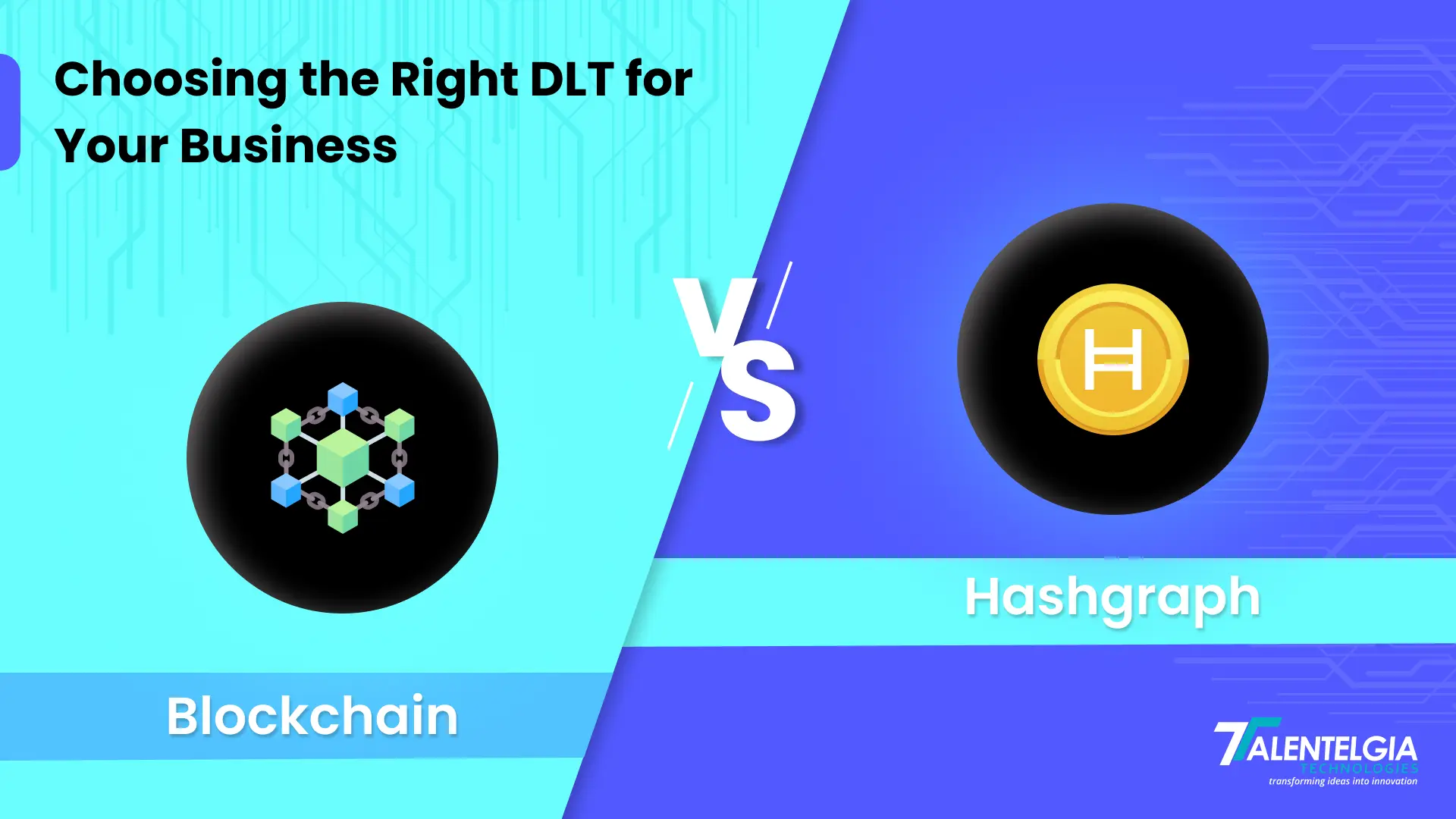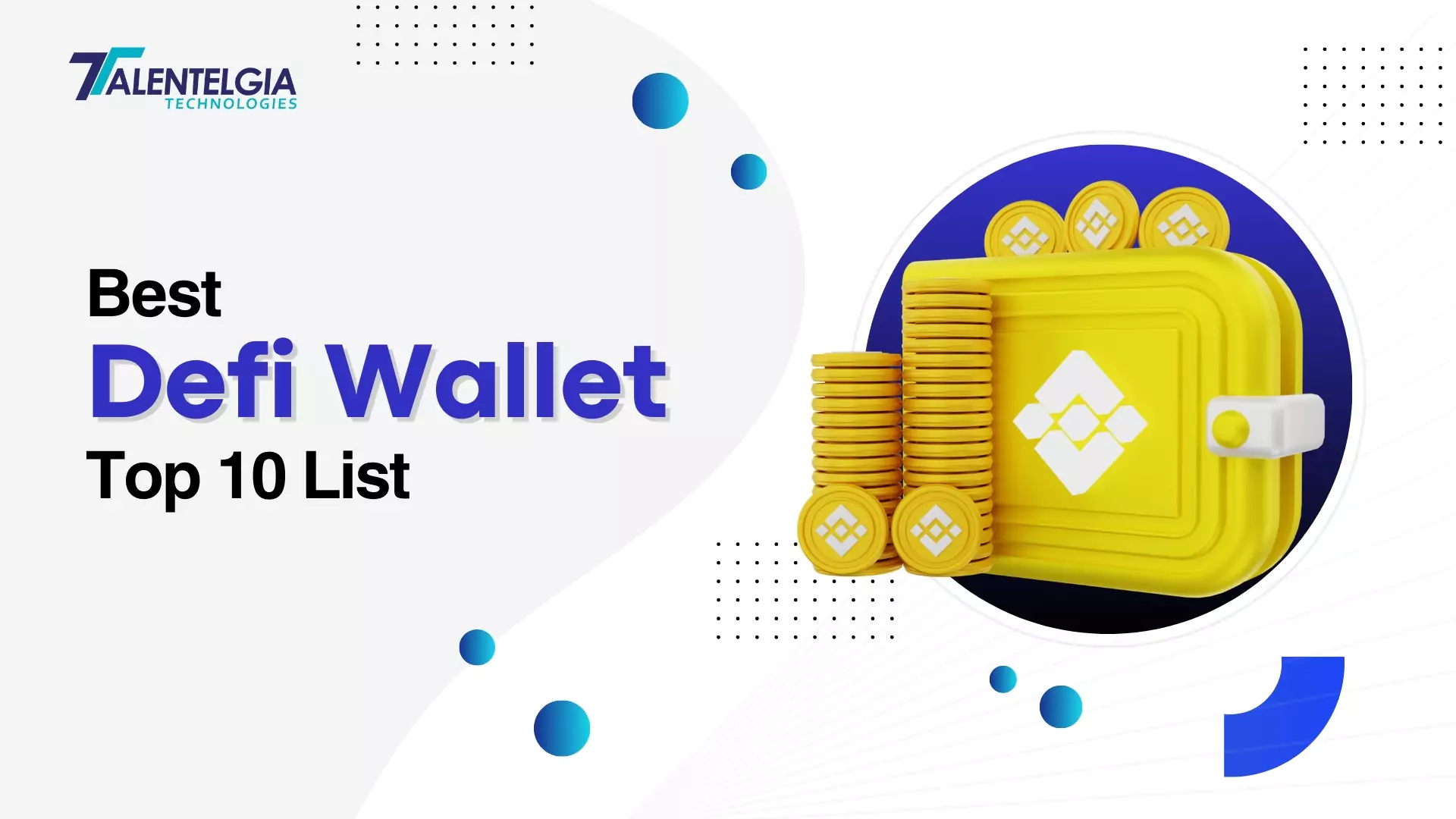Blockchain technology is emerging as the ‘next big thing’ for the insurance sector. It presents businesses with a way of recording transactions in a secure, distributed ledger. The use of blockchain in the insurance industry focuses on increasing operational efficiency and transparency. This also ensures data safety by reducing the operational costs of the entire organization.
Traditional processes in the insurance business including claims management and identity verification, involve massive quantities of data. These often prove to be tedious cumbersome and inefficient.
How Blockchain Can Help the Insurance Industry – Use Cases
If you are planning to go for blockchain development services for your businesses, these use cases will help in understanding how this innovative technology works. It will also help you solve common pain points of the customers in this industry and offer a better experience for both the insurers and customers.
1. Fraud Detection and Prevention
Fraud is one of the biggest challenges in the insurance industry, costing companies billions of dollars annually. But a blockchain ledger is unalterable. So it allows insurers to track and confirm every transaction, making it almost impossible for fraudulent claims to go unobserved.
Once a claim is registered in the blockchain, it cannot be altered. Thus, it reduces the likelihood of duplicate claims or distorted information. This high level of security allows insurance firms to catch and prevent fraud quite effectively. With fraud prevented or minimized, money and time saved for both the insurer and the customer increase with efficiency.
2. Smart contracts for Claim settlement
Smart contract development is essentially a self-executing contract stored on a blockchain where the terms are written directly as lines of code. Some applications of smart contracts include automating claims.
This will ensure that the conditions set forth within this contract are automatically verified and payouts are initiated when said conditions are indeed met.
For instance, in a situation where a passenger faces a flight delay, an insurance claim on travel insurance could well be automatically processed and paid out to the policyholder. With the elimination of all manual processes, smart contracts reduce delays to ensure customers are served promptly. This helps in fostering trust with the insurance provider.
3. Customer Identity Verification/KYC
Customer identity verification is vital in the insurance sector. But it is also hectic and time-consuming when it includes paperwork.
Blockchain offers a solution with secure digital identities that can be verified immediately. The insurers can store a few pieces of information on the identity block. This would then allow access and verification of the identities from different companies and safeguard its data for a given client.
Such an approach accelerates the speed of Know Your Customer but still takes care of data protection better than traditional models by preserving control with the consumer.
4. Reinsurance
It refers to the sharing of risks among insurers and addresses complications often associated with reinsurance.
Blockchain simplifies reinsurance by having each party derive data from one place—real-time information that is shared and exchanged. This exchange of real-time data enables reinsurance companies to pass judgment on risk faster and more efficiently while making fewer papers and more transactions.
Therefore blockchain streamlines the entire process of reinsurance, which makes it efficient, transparent, and effective.
5. Automated Underwriting Processes
Underwriting is the evaluation of the risk while insuring an individual or asset. It is critical in determining insurance premiums.
Blockchain, together with smart contracts, can be utilized to automate underwriting processes through secure recordation and sharing of information required to determine risk.
For instance, if a particular person has a history of good health, blockchain can validate this information, which would qualify him or her for lower premiums. Underwriting on blockchain ensures automation, which cuts down the errors and saves time for insurers to provide fairer and more personalized policies for customers.
6. Claims Management and Tracking
Claims processing is one of the time-consuming processes in insurance. However, with blockchain, such processes can be simplified.
Customers and insurers may monitor the status of claims in real-time, cutting back and forth communication that hinders resolutions.
Since blockchain records are public and accessible to all parties, customers are better informed about what is happening with their claims. This in turn generates higher satisfaction and trust. Moreover, the likelihood of claim duplication is reduced because every claim goes through a verification process and is sealed on the blockchain immutably.
7. Parametric Insurance with Faster Payments
Parametric insurance is good for coverage based on specific parameters, like weather conditions. It applies to the agriculture and travel industries.
Blockchain can automatically process claims under parametric insurance for companies. It can check the event that may have been triggered—for instance, rainfall levels in a given region—and automatically dispense a payout.
If the rainfall is below some particular threshold for a region, blockchain would immediately activate the compensation payout for affected farmers. This process ensures that the payouts are fast and smooth, without causing much administrative hassle to either the insurers or the customers.
8. Protection of Sensitive Information
Data breaches involving sensitive customer information are a major issue for insurance companies.
Blockchain ensures encryption and decentralized protection. This ensures higher security in terms of data storage that cannot be tampered with. Moreover, using blockchain, insurance companies can securely store client records, data relating to claims, and payment information.
This additional layer of data privacy helps in building significant trust with customers who entrust personal and financial information to the insurer.
9. Product Development and Customization
Blockchain helps in innovative, tailored insurance blockchain product development that helps in the real-time collection and analysis of data from sources. This gives insurers the capacity to offer individual health insurance products that are flexible according to an individual’s health metrics.
When this is matched with certain situations or levels of risk, blockchain-based insurance can be used to make far more flexible and customer-centric products. These are customized towards customer needs and have a better chance of better coverage. This also includes streamlined regulatory compliance and reporting.
10. Regulatory Compliance and Reporting
Maintaining compliance in an extremely regulated industry can often be challenging. It often includes extensive record-keeping and reporting by providing a transparent record of transactions not tamperable by humans and accessible to regulators.
Important compliance-related data can be stored on the blockchain for easy auditing and verification by regulators without having to rely on more paperwork. This reduces the cost of compliance, helping businesses meet their regulatory requirements without compromising efficiency and accuracy.
Conclusion
Blockchain has now become a part of all the industries. It is revolutionizing the insurance industry also by making processes more efficient, secure, and transparent. Blockchain always benefits insurance companies by cutting costs and increasing speed.
However, it enhances the customer experience, too, and is the only way to survive in a competitive market. Here, embracing the blockchain would position insurance companies as innovators and help them gain the confidence of the new generation of tech-savvy customers.


 Healthcare App Development Services
Healthcare App Development Services
 Real Estate Web Development Services
Real Estate Web Development Services
 E-Commerce App Development Services
E-Commerce App Development Services E-Commerce Web Development Services
E-Commerce Web Development Services Blockchain E-commerce Development Company
Blockchain E-commerce Development Company
 Fintech App Development Services
Fintech App Development Services Fintech Web Development
Fintech Web Development Blockchain Fintech Development Company
Blockchain Fintech Development Company
 E-Learning App Development Services
E-Learning App Development Services
 Restaurant App Development Company
Restaurant App Development Company
 Mobile Game Development Company
Mobile Game Development Company
 Travel App Development Company
Travel App Development Company
 Automotive Web Design
Automotive Web Design
 AI Traffic Management System
AI Traffic Management System
 AI Inventory Management Software
AI Inventory Management Software
 AI Software Development
AI Software Development  AI Development Company
AI Development Company  AI App Development Services
AI App Development Services  ChatGPT integration services
ChatGPT integration services  AI Integration Services
AI Integration Services  Generative AI Development Services
Generative AI Development Services  Natural Language Processing Company
Natural Language Processing Company Machine Learning Development
Machine Learning Development  Machine learning consulting services
Machine learning consulting services  Blockchain Development
Blockchain Development  Blockchain Software Development
Blockchain Software Development  Smart Contract Development Company
Smart Contract Development Company  NFT Marketplace Development Services
NFT Marketplace Development Services  Asset Tokenization Company
Asset Tokenization Company DeFi Wallet Development Company
DeFi Wallet Development Company Mobile App Development
Mobile App Development  IOS App Development
IOS App Development  Android App Development
Android App Development  Cross-Platform App Development
Cross-Platform App Development  Augmented Reality (AR) App Development
Augmented Reality (AR) App Development  Virtual Reality (VR) App Development
Virtual Reality (VR) App Development  Web App Development
Web App Development  SaaS App Development
SaaS App Development Flutter
Flutter  React Native
React Native  Swift (IOS)
Swift (IOS)  Kotlin (Android)
Kotlin (Android)  Mean Stack Development
Mean Stack Development  AngularJS Development
AngularJS Development  MongoDB Development
MongoDB Development  Nodejs Development
Nodejs Development  Database Development
Database Development Ruby on Rails Development
Ruby on Rails Development Expressjs Development
Expressjs Development  Full Stack Development
Full Stack Development  Web Development Services
Web Development Services  Laravel Development
Laravel Development  LAMP Development
LAMP Development  Custom PHP Development
Custom PHP Development  .Net Development
.Net Development  User Experience Design Services
User Experience Design Services  User Interface Design Services
User Interface Design Services  Automated Testing
Automated Testing  Manual Testing
Manual Testing  Digital Marketing Services
Digital Marketing Services 
 Ride-Sharing And Taxi Services
Ride-Sharing And Taxi Services Food Delivery Services
Food Delivery Services Grocery Delivery Services
Grocery Delivery Services Transportation And Logistics
Transportation And Logistics Car Wash App
Car Wash App Home Services App
Home Services App ERP Development Services
ERP Development Services CMS Development Services
CMS Development Services LMS Development
LMS Development CRM Development
CRM Development DevOps Development Services
DevOps Development Services AI Business Solutions
AI Business Solutions AI Cloud Solutions
AI Cloud Solutions AI Chatbot Development
AI Chatbot Development API Development
API Development Blockchain Product Development
Blockchain Product Development Cryptocurrency Wallet Development
Cryptocurrency Wallet Development About Talentelgia
About Talentelgia  Our Team
Our Team  Our Culture
Our Culture 
 Healthcare App Development Services
Healthcare App Development Services Real Estate Web Development Services
Real Estate Web Development Services E-Commerce App Development Services
E-Commerce App Development Services E-Commerce Web Development Services
E-Commerce Web Development Services Blockchain E-commerce
Development Company
Blockchain E-commerce
Development Company Fintech App Development Services
Fintech App Development Services Finance Web Development
Finance Web Development Blockchain Fintech
Development Company
Blockchain Fintech
Development Company E-Learning App Development Services
E-Learning App Development Services Restaurant App Development Company
Restaurant App Development Company Mobile Game Development Company
Mobile Game Development Company Travel App Development Company
Travel App Development Company Automotive Web Design
Automotive Web Design AI Traffic Management System
AI Traffic Management System AI Inventory Management Software
AI Inventory Management Software AI Software Development
AI Software Development AI Development Company
AI Development Company ChatGPT integration services
ChatGPT integration services AI Integration Services
AI Integration Services Machine Learning Development
Machine Learning Development Machine learning consulting services
Machine learning consulting services Blockchain Development
Blockchain Development Blockchain Software Development
Blockchain Software Development Smart contract development company
Smart contract development company NFT marketplace development services
NFT marketplace development services IOS App Development
IOS App Development Android App Development
Android App Development Cross-Platform App Development
Cross-Platform App Development Augmented Reality (AR) App
Development
Augmented Reality (AR) App
Development Virtual Reality (VR) App Development
Virtual Reality (VR) App Development Web App Development
Web App Development Flutter
Flutter React
Native
React
Native Swift
(IOS)
Swift
(IOS) Kotlin (Android)
Kotlin (Android) MEAN Stack Development
MEAN Stack Development AngularJS Development
AngularJS Development MongoDB Development
MongoDB Development Nodejs Development
Nodejs Development Database development services
Database development services Ruby on Rails Development services
Ruby on Rails Development services Expressjs Development
Expressjs Development Full Stack Development
Full Stack Development Web Development Services
Web Development Services Laravel Development
Laravel Development LAMP
Development
LAMP
Development Custom PHP Development
Custom PHP Development User Experience Design Services
User Experience Design Services User Interface Design Services
User Interface Design Services Automated Testing
Automated Testing Manual
Testing
Manual
Testing About Talentelgia
About Talentelgia Our Team
Our Team Our Culture
Our Culture

















 Write us on:
Write us on:  Business queries:
Business queries:  HR:
HR: 




